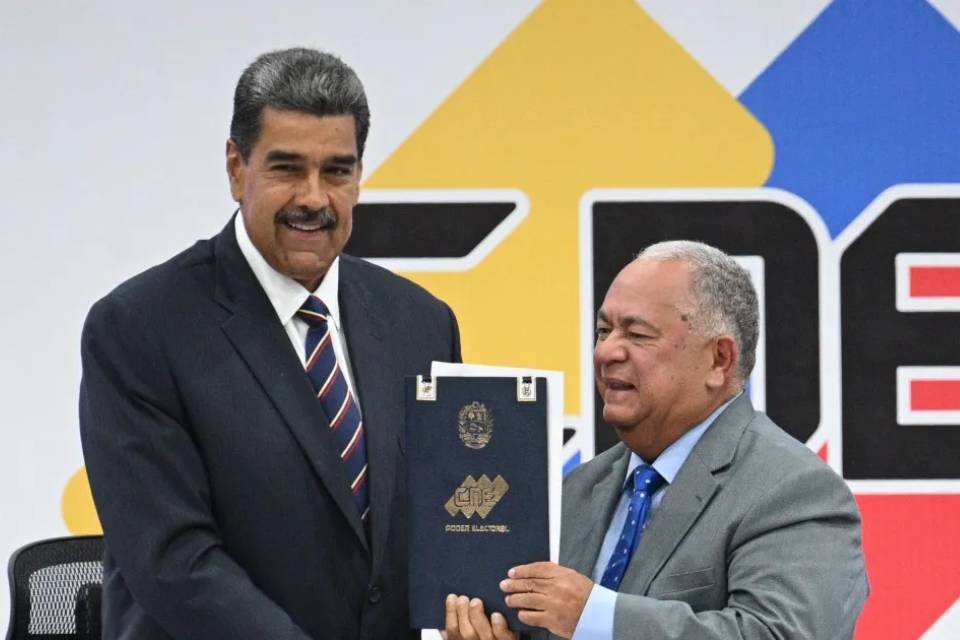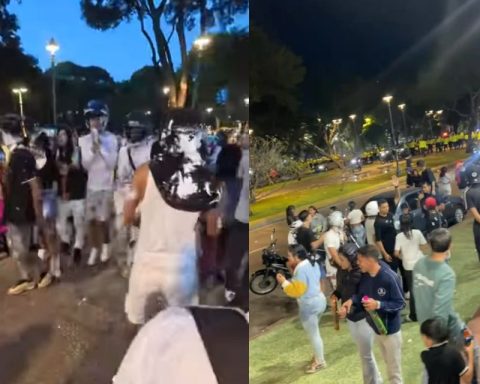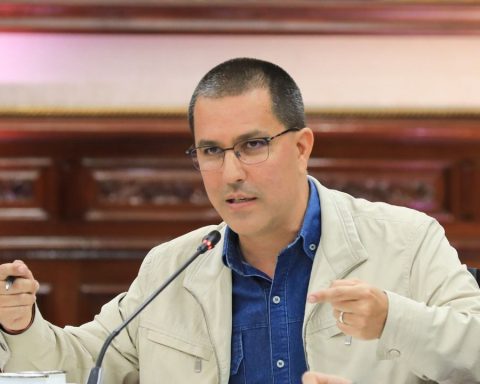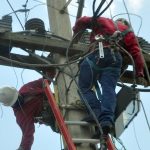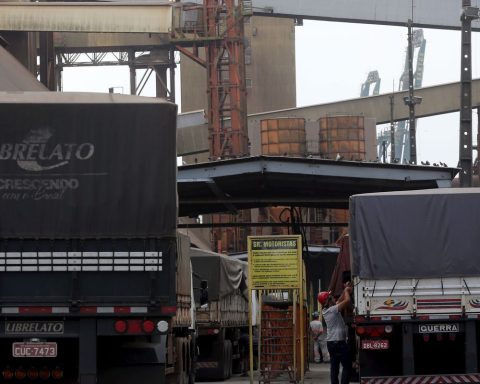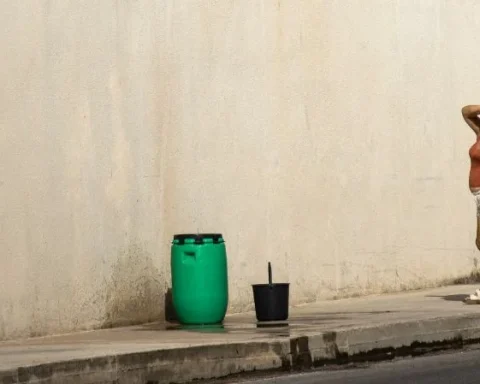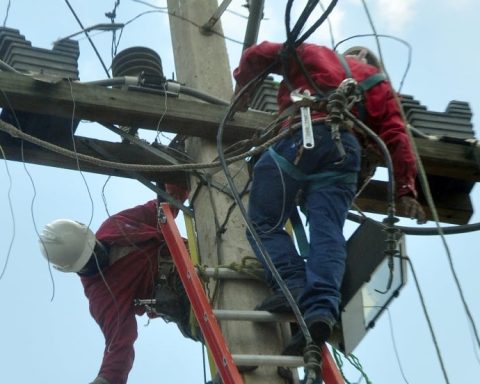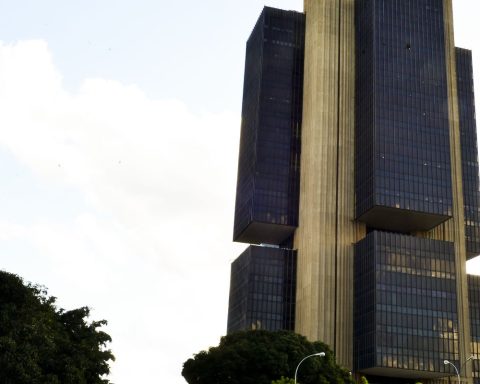The 30-day period established in the Organic Law of Electoral Processes for the CNE to publish the Electoral Gazette with results began to count on July 29 with the proclamation of Nicolás Maduro. The TSJ urged the body headed by Elvis Amoroso to comply with this legal mandate, but once the period has elapsed, it has not yet been reported that 100% of the totalization established in the law has been carried out.
This Thursday, August 29, marked 30 days since the proclamation of Nicolás Maduro as the winner of the presidential election, which took place at the headquarters of the National Electoral Council. Therefore, the legal period established for the publication of the election results in the Electoral Gazette, the Electoral Power’s dissemination instrument, was also fulfilled. But the body headed by Elvis Amoroso also failed to comply with this mandate of the law.
On August 22, the president of the Supreme Court of Justice, Judge Caryslia Rodríguez, during the reading of the Electoral Chamber’s ruling which validated the results announced by the CNE on the night of July 28, said: “The National Electoral Council is urged to publish the final results of the electoral process (…) in the Electoral Gazette of the Bolivarian Republic of Venezuela, as provided for in article 155 of the Organic Law of Electoral Processes” (Lopre).
What does that article say?
Article 155. The National Electoral Council shall order the publication of the results of the electoral processes in the Electoral Gazette of the Bolivarian Republic of Venezuela, within thirty (30) days following to the proclamation of the elected candidates.”
The proclamation of Nicolás Maduro as the winning candidate of the elections of July 28, 2024 took place at the headquarters of the National Electoral Council on July 29, less than 24 hours after the announcement of the first bulletin of results with 80% of the votes. That proclamation, however, also raised doubts about its legal aspects.
According to Lopre herself, The aggregation of the election results must be completed within 48 hoursArticle 146 of this law establishes that the total “must include the results of all the Voting Records of the respective constituency.” In this case, 100% of the records issued at the polling stations nationwide.

The Regulation of the Organic Law of Electoral Processes, in its article 370, details that the Minutes of totalization, adjudication and proclamation must also contain all the data of the election at 100% of the scrutiny and the signatures of the witnesses of the totalization.
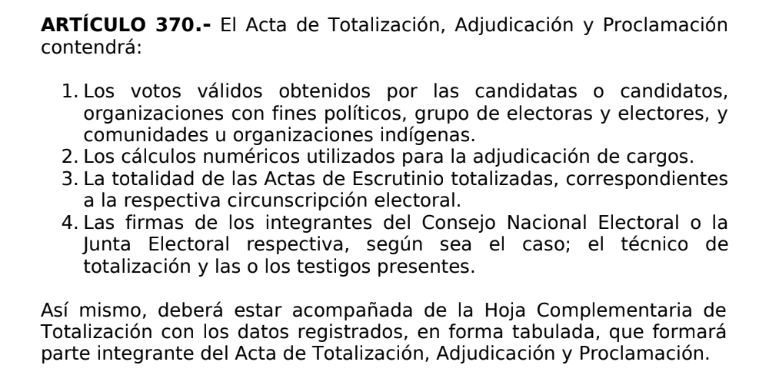
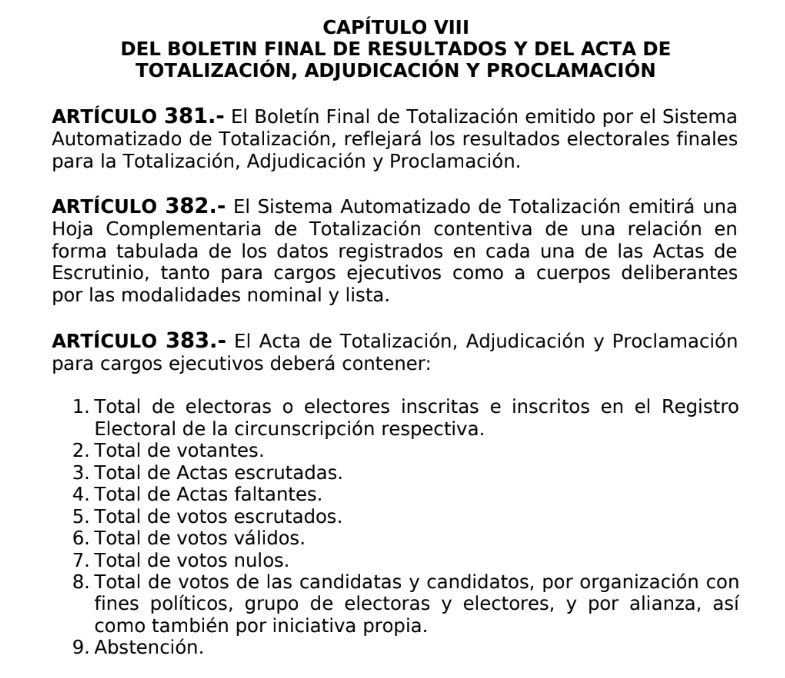
But Nicolás Maduro was declared the winner by the CNE with only the first round of results issued, with 80% of the votes counted. Although the president of the Electoral Power, Elvis Amoroso, stated that there was already an “irreversible trend”, there were still more than two million votes to be counted, much more than the difference between the two main candidates.
On the day of the proclamation ceremony, Amoroso handed over a blue folder with institutional details. The contents of the folder were a “constitutional, legal credential” for the reelection of Nicolás Maduro, according to what the president himself stated during his speech. It was, as Amoroso read minutes before, the Act of Totalization, Allocation and Proclamation. However, the text read by Amoroso did not contain – or he did not read them – the contents required according to the aforementioned legal regulations. (see minute 14:18):
The second results bulletin, which the CNE issued on August 2 – three days after declaring Maduro the winner – also did not contain 100% of the total. In that case, the “general results” read by Elvis Amoroso corresponded to 96.87% of the votes counted.
National Electoral Council announced second bulletin with results of the 2024 Presidential Election. pic.twitter.com/fqaOVu1MKT
— cneesvenezuela (@cneesvzla) August 2, 2024
Since that day, no further electoral data has been known, and the Electoral Power has not released the complete total nor explained in a month why it did not complete it in 48 hours, As established by the Organic Law of Electoral Processes.
Until now, the electoral body’s website had served as a repository for the Electoral Gazettes. But the publication of such an instrument is not tied to the existence or operation of the digital platform, since printing or disseminating it in PDF format or through images, such as the communications that the CNE has published on its social media accounts, would also fulfill the legal obligation.
Even on August 11, PSUV deputy Hermán Escarrá recalled on Venevisión the 30-day period for publishing results, as well as the importance of “inexorably” presenting disaggregated results “for the credibility and security of the legal and democratic vote.”
#11Aug #Interview@moropeza_vv: What is true is that the people of Venezuela have the right to see the #proceedings. There is a 30-day period, but in any case the minutes must be presented without fail for the credibility and security of the legal and democratic vote,”… pic.twitter.com/sCzFfRFuQ6
— Reporte Ya (@ReporteYa) August 11, 2024
Post Views: 777
